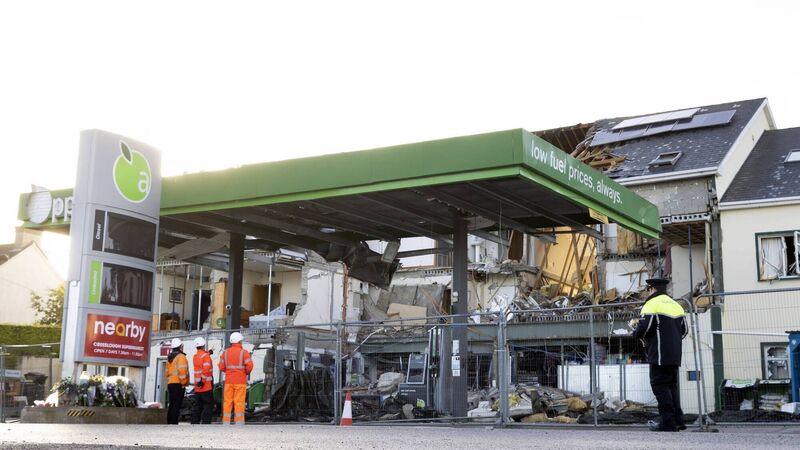Terry Prone: We search for the right words to describe the anguish at Creeslough but we won't find them

a view of the Applegreen petrol station in Creeslough, Co Donegal where 10 people died in an explosion on Friday. Picture: Joe Dunne
Try from €1.50 / week
SUBSCRIBE
a view of the Applegreen petrol station in Creeslough, Co Donegal where 10 people died in an explosion on Friday. Picture: Joe Dunne
Twenty-five years ago, the cancer diary was an astonishing arrival on our bookshelves. People’s tales of the Big C and their day-to-day experience of it.
For so long, cancer was spoken of in whispers, as if out loud acknowledgement of its presence would make it more real, empower it in some way to be more vicious. Or maybe the reason for the silence was simpler.
Already a subscriber? Sign in
You have reached your article limit.
Annual €130 €80
Best value
Monthly €12€6 / month
Introductory offers for new customers. Annual billed once for first year. Renews at €130. Monthly initial discount (first 3 months) billed monthly, then €12 a month. Ts&Cs apply.
CONNECT WITH US TODAY
Be the first to know the latest news and updates
More in this section
Newsletter
Sign up to the best reads of the week from irishexaminer.com selected just for you.

Select your favourite newsletters and get the best of Irish Examiner delivered to your inbox
Saturday, February 7, 2026 - 9:00 PM
Saturday, February 7, 2026 - 9:00 PM
Saturday, February 7, 2026 - 12:00 PM
© Examiner Echo Group Limited